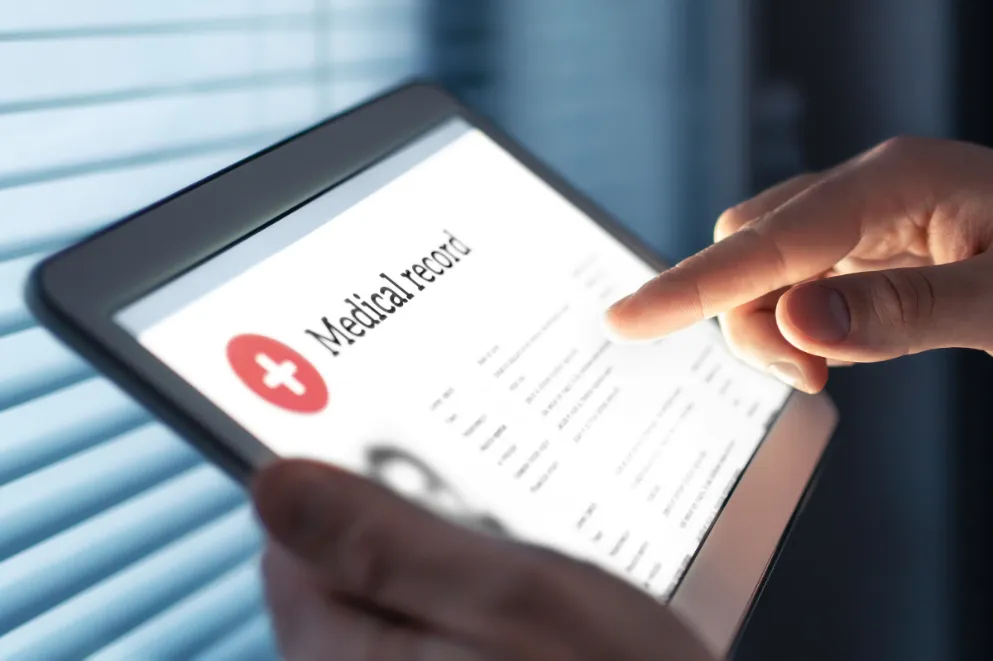However, as more people use telehealth, there is a greater risk of cybersecurity issues emerging such as phishing and ransomware. Read on for how crucial cybersecurity is in healthcare and tips on best cybersecurity practices.
What are telehealth and telemedicine?
Telehealth is the use of electronic and telecommunications devices to support long-distance clinical health care, patient and professional health-related education, public health, and health management. While telehealth is broader and can include remote non-clinical services, such as provider training, administrative meetings, and continuing medical education, in addition to clinical services, telemedicine is more targeted and only relates to distant clinical services.
Potential Telemedicine Cybersecurity Risks
Telemedicine can jeopardize patient data if it is not done appropriately. A healthcare professional connects with patients using a variety of tools, applications, and software programs to conduct consultations. However, some of the devices used may increase security vulnerability due to delays in security updates, insecure connections, and a lack of visibility into public networks. Cybercriminals can access the core company network once it is vulnerable.
Telemedicine Cybersecurity Best Practices
Here are some tips to increase cybersecurity while using telemedicine services:
- Make sure the platform you are using has end-to-end encryption capabilities and privacy modes.
- Create a private link that only intended parties can use for the visit.
- Set up multi-factor authentication when accessing relevant systems.
- Ensure users have the most recent version of the necessary mobile applications.
- Make sure any remote printing is done through a secure connection.
- Use a technology vendor that is considered HIPAA-compliant.
- Verify that firewall settings maintain adequate security.
- Review user access, including privileged accounts.
- Validate the performance of cybersecurity monitoring processes.
Why are health apps and wearables vulnerable to cyberattacks?
Wearable technology and health apps pose some serious security issues. These devices generate data that can be classified as protected health information (PHI) that gets sent to the cloud.
Many wearable devices store patient data without encryption. The data is often accessible without user authentication, biometric security, or password protection. Sensitive information has the risk of being easily accessed if it gets into the wrong hands. Furthermore, there is an issue of insecure connectivity with wearable devices as they use wireless connectivity to link to your smartphone or tablet. Many of these wireless connections lack the necessary security to prevent an aggressive cyberattack.
As patients and healthcare providers continue to use connected health devices, the vulnerability of patient health data to cyberattacks increases. Therefore, it's crucial to create plans for adhering to and addressing HIPAA standards when using health apps and wearable devices.
Are health apps and wearable devices covered by HIPAA?
HIPAA regulation doesn’t cover all wearable devices and health apps. HIPAA only protects devices from manufacturers that partner and interface with healthcare provider networks. Always check out the manufacturer's privacy policy about your devices. You can learn more about HIPAA and what it does and does not protect. At rxless, we know that the less your information is shared, the more you’re protected. That’s why no personal information is ever required to access and use our discounts. All you need to do is use our easy search tool to find the best price in your area, show your pharmacist your free prescription discount card, then save instantly on your medications.
To be sure you understand exactly how we help to keep your private health information private, read our Privacy Policy.















